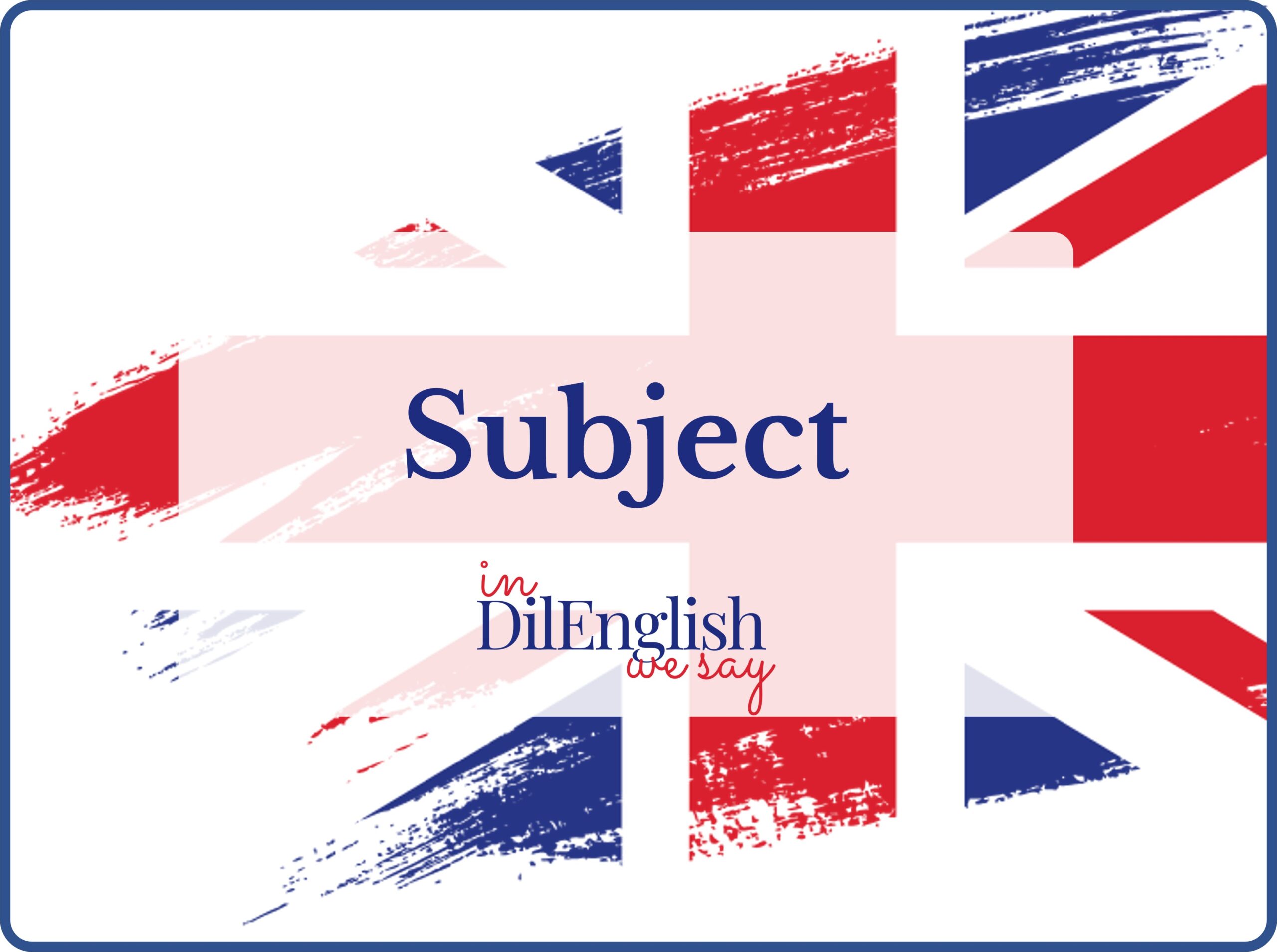Direct Object
The direct object is used after transitive verbs with which it is closely connected as it denotes a person or thing directly affected by the action of the verb. It is used without any preposition. Again I moved my head negatively. (Braddon) Thus, if a transitive verb takes only one object expressed by a noun or pronoun without a preposition, it is always a direct object. I help my brother in his work.
Ways of expressing The Object
The object is expressed by the following parts of speech: #1. A noun in the common case. We ought to give him a present, too. (Mansfield) #2. A pronoun (personal in the objective case, possessive, defining, reflexive, demonstrative, indefinite). Cokane. Our little discussion has given me quite an appetite. Trench. It has taken mine away. (Shaw) “I must do my best for her,” thought Jolyon. (Galsworthy) You ought to know all about statues and things. (Galsworthy) What will you do with yourself? (Galsworthy) “Who gave you that?” he asked. (Bennett) ...she’s alone in the world, and she must have someone [...]
Object
The object is a secondary part of the sentence that completes or restricts the meaning of a verb or sometimes an adjective, a word denoting state, or a noun. Haviland closed the door. (Wilson) I was very proud of it. (Braddon) He had never liked Soames. He now held him responsible for Bosinney’s death. (Galsworthy) “You are afraid of dying,” said Bing. (Heym) There are three kinds of objects in English: the direct object, the indirect object, and the cognate object.
Predicate
The predicate is the second principal part of the sentence which expresses an action, state, or quality of the person or thing (The word thing is used in a broad sense.) denoted by the subject. It is grammatically dependent upon the subject. NOTE: This definition does not cover sentences with the formal it as the subject. In these sentences, the predicate expresses the state of the weather, time, or distance, and the subject only makes the sentence structurally complete. As a rule, the predicate contains a finite verb that may express tense, mood, voice, aspect, and sometimes person [...]
Subject
The subject is the principal part of a two-member sentence which is grammatically independent of the other parts of the sentence and on which the second principal part (the predicate) is grammatically dependent, i. e. in most cases it agrees with the subject in number and person. The subject can denote a living being, a lifeless thing, or an idea. Ways of expressing the Subject The subject can be expressed by a single word or a group of words. Thus it can be expressed by: #1. A noun in the common The sulky waiter brought my tea. (Du Maurier) [...]


